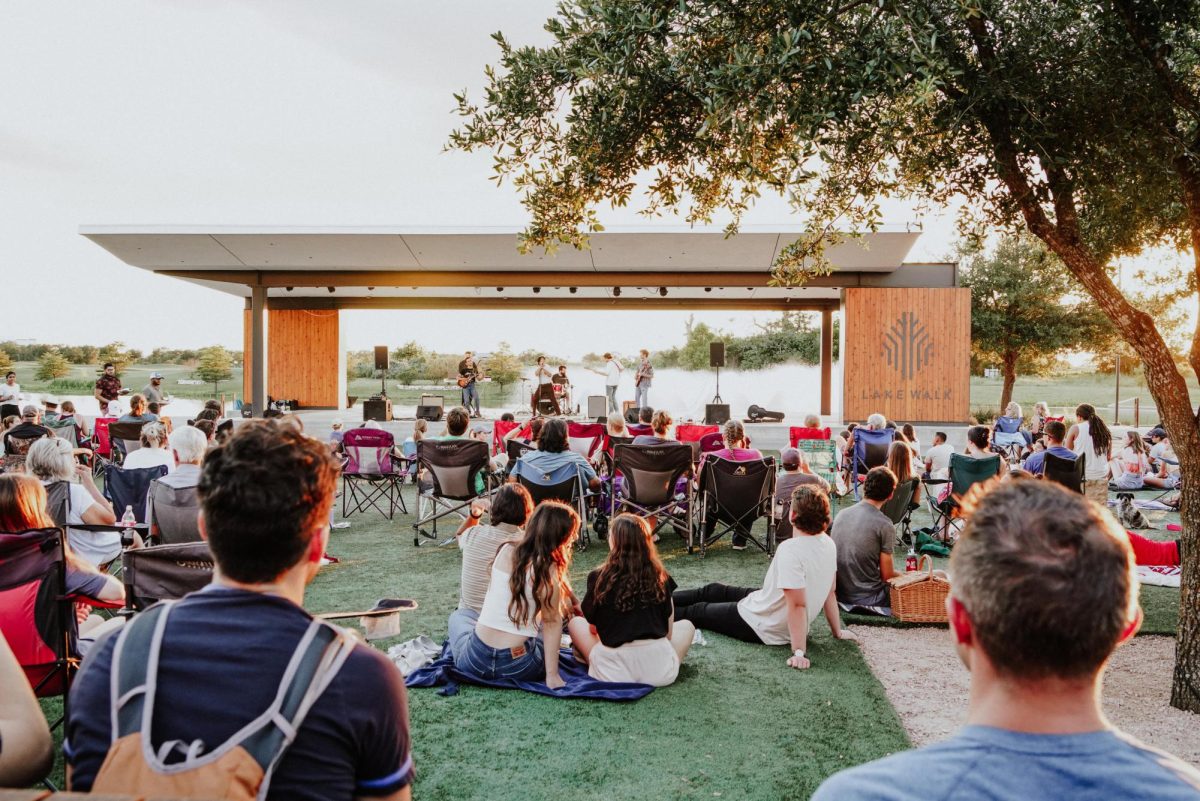With summer fast approaching, many students are looking forward to basking in the sun at the beach or by the pool. While a few hours here or there spent in the sun seem harmless enough, a fast-growing epidemic is making our summer months more dangerous, according to a local dermatologist.
Melanoma is a serious type of skin cancer that, if not caught in its early stages, can be fatal. Because of the use of tanning beds and prolonged sun exposure without sunscreen activities common to college students melanoma has become the most common form of skin cancer for people in their mid 20s.
Rachel Moore, a dermatologist at Scott and White Clinic in College Station, said melanoma is becoming a more prominent disease among young people.
Melanoma has been increasing since 10 or 20 years ago amongst a young demographic. Young people spend more time outdoors, and so are developing these skin cancers at a younger age. Although the data supports that tanning bed use increases your risk for melanoma, the general public hasnt bought into that yet, Moore said.
In response to the growing trend and media attention, many tanning salons have changed the warning labels on their equipment to educate consumers about the risks of too much exposure to ultraviolet rays. But that does not always keep people from tanning.
Katie Anderson, manager of Darque Tan in College Station, said spring is when the salon sees the largest amount of clients.
We see anywhere from 100-300 tanning sessions a day, which is about 1,500 tanning sessions a week, Anderson said.
Tammy Massman, education major, said that while she occasionally goes to a tanning salon, the risks are making her think twice.
Ive gone a few times before, but I always regret it. I realize its not that good for my skin, Massman said. I think we have a responsibility to take care of our bodies. Why do we bring attention to not harming ourselves with things like drugs, but not sun exposure? Its still hurting our bodies. We treat skin like its an exception.
Signs of skin cancer include moles that become asymmetrical, have irregular borders or change in color and size. Annual skin checks with a dermatologist can help detect skin cancer before it becomes too serious. Moore said some people are at a higher risk than others.
Those with light skin or eyes have less natural protection in their skin and will be more susceptible for cancer. People who burn easily and can never get a tan, or anyone with a family history should be even more cautious, Moore said.
Moore said not only does limiting sun exposure save from blistering burns, but from trouble in the long run. Protective measures like wearing sunscreen and limiting sun exposure between the hours of 10 a.m. and 4 p.m. help lessen the chance of developing skin cancer.
People dont think about it til later on in life, then they look back and see that it adds up and ages your skin, as well as increasing your risk for skin cancer. There is no safe level of exposure, Moore said.
Dermatologist urges students to avoid dangers of UV rays
April 26, 2012

Donate to The Battalion
Your donation will support the student journalists of Texas A&M University - College Station. Your contribution will allow us to purchase equipment and cover our annual website hosting costs.




















